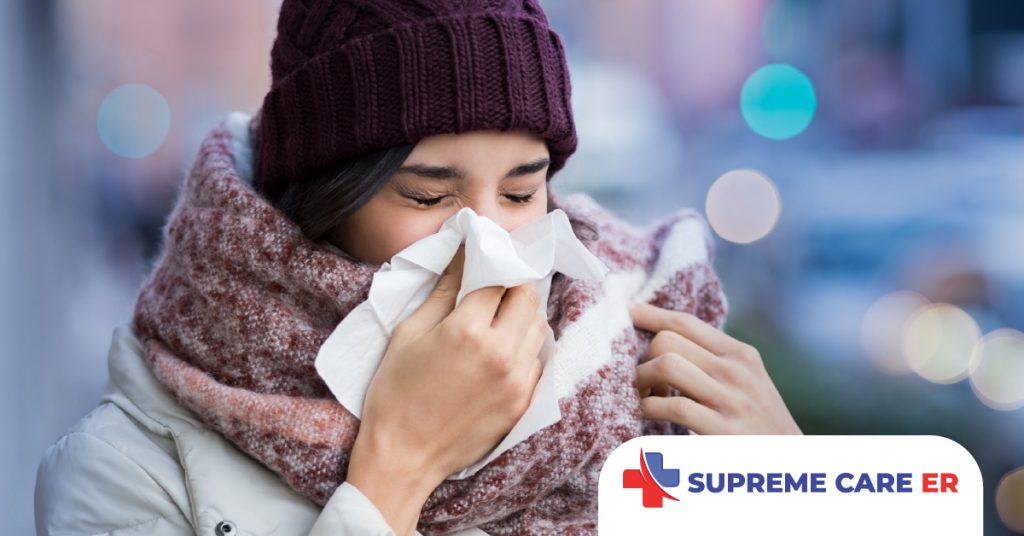Generally, people tend to freak out when they see red or bloody feces and care less about other shades of wastes.
However, you will experience an abnormal black poop caused by several factors and might probably have no adverse health effect at some point in your life. Nevertheless, if a frequent occurrence persists, you should schedule an appointment with a doctor for a diagnosis.
Are you worried about the color of your poop? Read on to discover some valuable pointers that indicate your overall body function.
Causes of Black Poop
Several factors and substances can cause black poop; however, the primary culprit is the food we ingest. Other causes of black poop include:
Ulcer
An ulcer is a sore in the stomach lining which can bleed and develop into melena. While spicy food and stress can trigger an existing ulcer, contrary to popular belief, these factors are not responsible for ulcer development.
Both Nonsteroidal anti-inflammatory drugs (NSAIDs) and Helicobacter pylori (H. pylori) infection cause stomach ulcers. Your doctor may prescribe antibiotics to treat the infection if H pylori cause your ulcer, change your medication or reduce stomach acid production with a proton pump inhibitor if Nonsteroidal anti-inflammatory drugs (NSAIDs) cause an ulcer.
Iron supplements
Many people with health conditions such as anemia frequently ingest iron supplements to treat this medical condition.
Anemia is a medical condition in which an individual has a low red blood cell count in their blood. Unfortunately, taking these supplements can cause black poops and other side effects like nausea and constipation.
Consult your doctor if you experience extreme discomfort from taking iron supplements.
Gastritis
The human stomach has a mucus lining to protect the stomach from acids that break down foods. A tear or inflammation of the mucus lining causes gastritis. Several factors such as stress, drinking or smoking, infection, and the intake of Nonsteroidal anti-inflammatory drugs (NSAIDs) can cause gastritis.
Irritation of the stomach lining can cause bleedings which make your poop black. The treatment course recommended for gastritis depends on the underlying condition.
For example, cutting down on alcohol intake may help treat gastritis if excessive alcohol consumption causes the condition. In addition, your doctor may prescribe medications to help relieve discomfort.
Dark-colored foods
Did you know that the brown coloration of your poop is primarily due to bile and bilirubin? So if your poop changes from the typical brown coloration to a darker color, the food you eat might be a culprit.
Typical food that can alter your poop color includes dark chocolate, blueberries, and black licorice.
Constipation
Constipation is a condition in which an affected person experiences infrequent bowel movements. This condition leads to hard, dry, and black poops. Constipation may occur alongside other symptoms such as cramping, abdominal pain, or bloating.
To ease constipation discomfort, drinking plenty of water and laxatives may suffice. if your condition doesn’t improve after a few days or you experience severe pain, consult a doctor
Medicines containing bismuth
Prolonged use of drugs containing bismuth subsalicylate such as Pepto-Bismol can result in a black coloration of poop. It can also cause coloration of your teeth and tongue.
Diagnosis
Black coloration is not always an indication of blood in your stool, as food and medications you ingest can cause this condition. Therefore, your doctor needs to perform a series of medical tests to confirm blood in your poop.
A doctor will collect a small sample of your poop for evaluation in a lab. If melena triggers the condition, further tests may be required to determine the location of the bleeding.
Your doctor may perform an esophagogastroduodenoscopy procedure to inspect the esophagus, stomach, and upper intestine lining.
Treatment
Treatment options vary depending on the underlying condition. If ingested substances such as food and medications are responsible for the black coloration of your poop, limit consumption for a few days and take records of changes in poop coloration.
For milder cases of ulcers, your doctor may recommend over–the–counter antacid, proton pump inhibitors (PPIs), or H2 receptor antagonists to reduce stomach acid. In addition, a reduction in Nonsteroidal anti-inflammatory drugs (NSAIDs) intake may be necessary if NSAID triggers the condition.
A variety of conditions can result in a black poop. If you experience extreme discomfort such as abdominal pain, dizziness along with a black stool, seek emergency medical attention as this could be an indication of a chronic medical condition.








